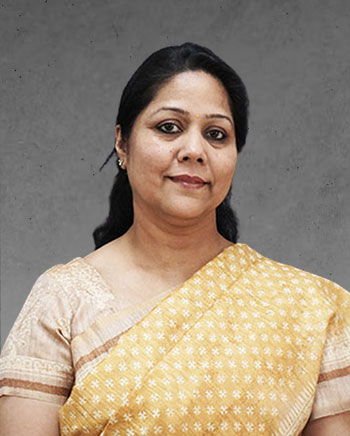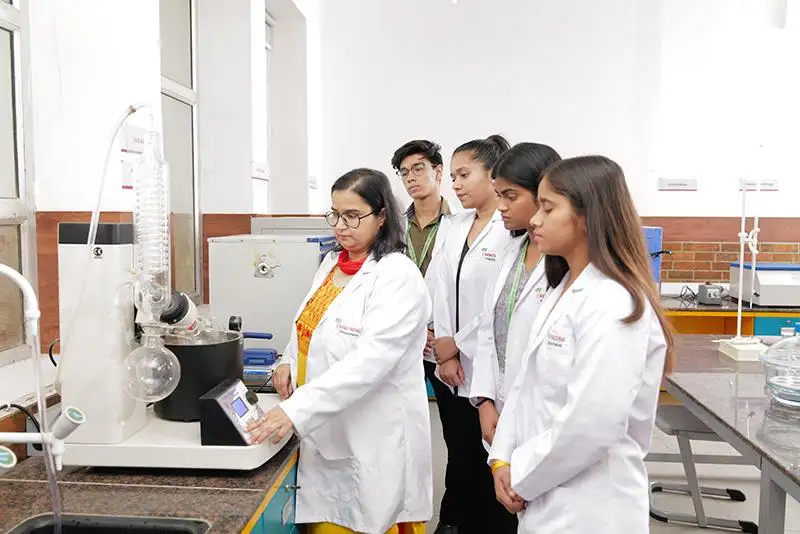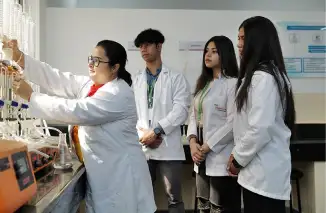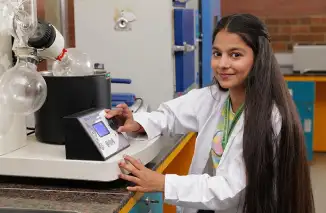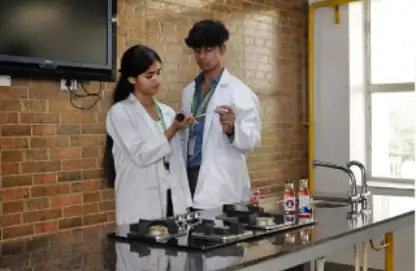The BSc (hons.) in Food Science and Technology is an interdisciplinary curriculum that investigates the scientific principles and technological procedures associated with the manufacturing of food products. The BSc in Food Science Technology program provides students with a comprehensive understanding in key areas including food chemistry, microbiology, processing methodologies, and quality control. Students acquire the skills necessary to critically examine and comprehend the nutritional makeup of various food items, delve into the intricacies of food safety protocols, and actively participate in the process of creating new food products. The curriculum frequently incorporates experiential laboratory exercises, internships, and industry engagement to impart practical competencies and real-world exposure.
Upon completion of their studies, graduates are equipped with the necessary skills and knowledge to pursue a wide range of employment opportunities within the food business. These professions encompass various roles such as food technologists, quality assurance specialists, product development scientists, and food safety consultants. The curriculum focuses significant emphasis on achieving an effective integration of academic knowledge and practical application in order to effectively address the increasing needs of the dynamic and ever-changing domain of food science and technology.
.png)
